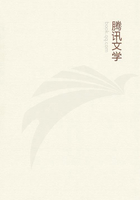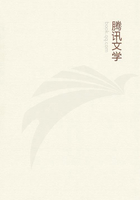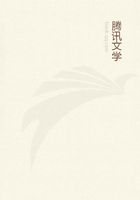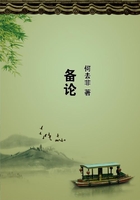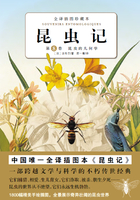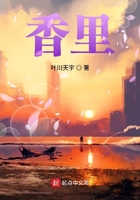To-day I have read The Tempest.It is perhaps the play that I love best, and, because I seem to myself to know it so well, I commonly pass it over in opening the book.Yet, as always in regard to Shakespeare, having read it once more, I find that my knowledge was less complete than I supposed.So it would be, live as long as one might; so it would ever be, whilst one had strength to turn the pages and a mind left to read them.
I like to believe that this was the poet's last work, that he wrote it in his home at Stratford, walking day by day in the fields which had taught his boyhood to love rural England.It is ripe fruit of the supreme imagination, perfect craft of the master hand.For a man whose life's business it has been to study the English tongue, what joy can equal that of marking the happy ease wherewith Shakespeare surpasses, in mere command of words, every achievement of those even who, apart from him, are great? I could fancy that, in The Tempest, he wrought with a peculiar consciousness of this power, smiling as the word of inimitable felicity, the phrase of incomparable cadence, was whispered to him by the Ariel that was his genius.He seems to sport with language, to amuse himself with new discovery of its resources.From king to beggar, men of every rank and every order of mind have spoken with his lips; he has uttered the lore of fairyland; now it pleases him to create a being neither man nor fairy, a something between brute and human nature, and to endow its purposes with words.These words, how they smack of the moist and spawning earth, of the life of creatures that cannot rise above the soil! We do not think of it enough; we stint our wonder because we fall short in appreciation.A miracle is worked before us, and we scarce give heed; it has become familiar to our minds as any other of nature's marvels, which we rarely pause to reflect upon.
The Tempest contains the noblest meditative passage in all the plays; that which embodies Shakespeare's final view of life, and is the inevitable quotation of all who would sum the teachings of philosophy.It contains his most exquisite lyrics, his tenderest love passages, and one glimpse of fairyland which--I cannot but think--outshines the utmost beauty of A Midsummer Night's Dream:
Prospero's farewell to the "elves of hills, brooks, standing lakes, and groves." Again a miracle; these are things which cannot be staled by repetition.Come to them often as you will, they are ever fresh as though new minted from the brain of the poet.Being perfect, they can never droop under that satiety which arises from the perception of fault; their virtue can never be so entirely savoured as to leave no pungency of gusto for the next approach.
Among the many reasons which make me glad to have been born in England, one of the first is that I read Shakespeare in my mother tongue.If I try to imagine myself as one who cannot know him face to face, who hears him only speaking from afar, and that in accents which only through the labouring intelligence can touch the living soul, there comes upon me a sense of chill discouragement, of dreary deprivation.I am wont to think that I can read Homer, and, assuredly, if any man enjoys him, it is I; but can I for a moment dream that Homer yields me all his music, that his word is to me as to him who walked by the Hellenic shore when Hellas lived? I know that there reaches me across the vast of time no more than a faint and broken echo; I know that it would be fainter still, but for its blending with those memories of youth which are as a glimmer of the world's primeval glory.Let every land have joy of its poet; for the poet is the land itself, all its greatness and its sweetness, all that incommunicable heritage for which men live and die.As Iclose the book, love and reverence possess me.Whether does my full heart turn to the great Enchanter, or to the Island upon which he has laid his spell? I know not.I cannot think of them apart.In the love and reverence awakened by that voice of voices, Shakespeare and England are but one.

